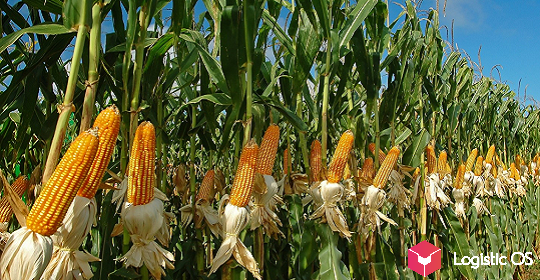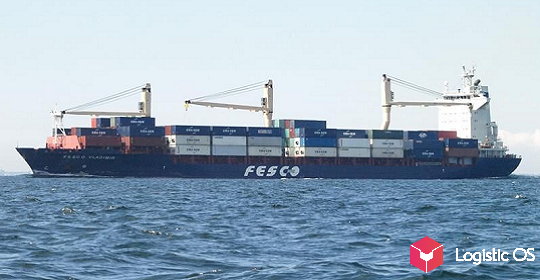According to the latest information, wheat intended for the production of flour in Turkey, which will then be exported, can now be imported into this country duty-free.
In June last year, Turkey imposed a ban on imports to protect local producers during the harvest. Information about this was distributed by the Ministry of Agriculture and Forestry.
However, the ban was somewhat extended.
Initially, it was planned that the restrictions would be valid only until October 15, 2024.
However, they were not completely lifted: a mechanism was introduced allowing millers to import only 15% of the required volume of raw materials, and to purchase the remaining 85% from the Turkish Grain Board.
This measure was also introduced in order to support the local market.
However, from March 19, 2025, the Turkish government relaxed restrictions on the import of wheat for the production of flour that will be sent abroad.
In this way, the authorities of this country are trying to achieve several important goals at the same time: to protect the country’s food security, to support local farmers, to provide jobs for their millers, and to receive income from the taxes they pay.
Experts note that the measures that are currently in effect do not contain any special innovations.
The mechanism of duty-free import of wheat for the production of flour for export has long been used by Turkey and was suspended only after the introduction of strict restrictions designed to protect the market, experts note.
As for Russian wheat exporters, the partial lifting of import restrictions by Turkey, at first glance, plays into their hands.
However, if you look into the situation, it becomes clear that it is unlikely to significantly increase the volume of supplies.
The fact is that in Russia itself, from February 15 to June 15, a quota for the export of wheat in the amount of 10.6 million tons is in effect. Thus, it is unlikely that it will be possible to significantly increase export volumes, even if all restrictions are completely lifted by Turkey.
In addition, the country’s position as a buyer of Russian grain is gradually declining.
From the beginning of the current season to January, Turkey purchased 2.28 million tons of Russian wheat, which is 1.9 times less than for the same period in 2023/24.
As a result, Turkey dropped from 1-2 place among wheat importers to 3rd place. The main reason for the decline in imports was precisely the restrictions introduced by this country.
Thus, their removal may still increase export flows from Russia, analysts believe.

